
I Chased Small Wins and It’s Giving Me Freedom
When I started focusing on small wins instead of pursuing the big, grand picture, I discovered the most success I’ve ever had.

When I started focusing on small wins instead of pursuing the big, grand picture, I discovered the most success I’ve ever had.

Impulse control can feel like an overwhelming challenge to tackle. When we step back, we see there are some simple steps we can take to manage it.

As we rethink our approaches to life, relationships are one area that naturally come up for examination: Do we stay or do we go?

Too often, we take these best practices as gospel-truth and get frustrated when we don’t see the results we expected. So what goes wrong?

Living with a mental illness, we live with more intense emotions. Learning to manage our emotions healthily is a vital part of the process.

“Venting” is today’s safe word for gossip. In reality, venting is about a quick release of emotion so we can problem-solve the situation.
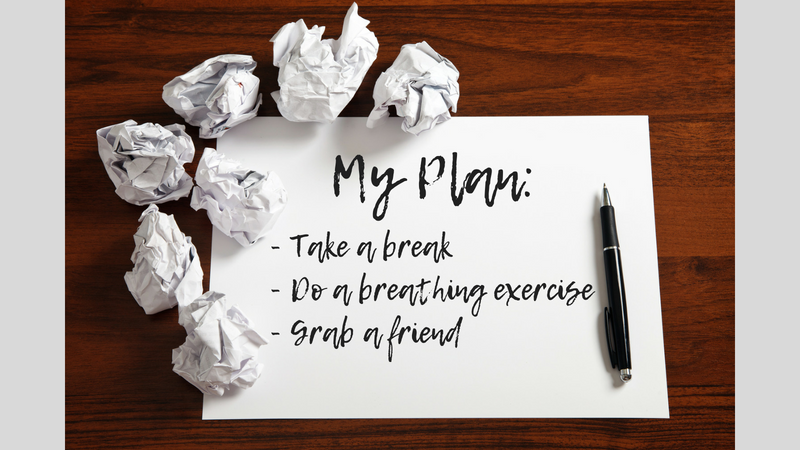
The point of the Cope Ahead Plan is to remove us from the position of victim and put us into a place of strength. We empower ourselves to take safe action.

It can take time and careful examination, but identifying our hidden triggers is an important step on our road to mental health.
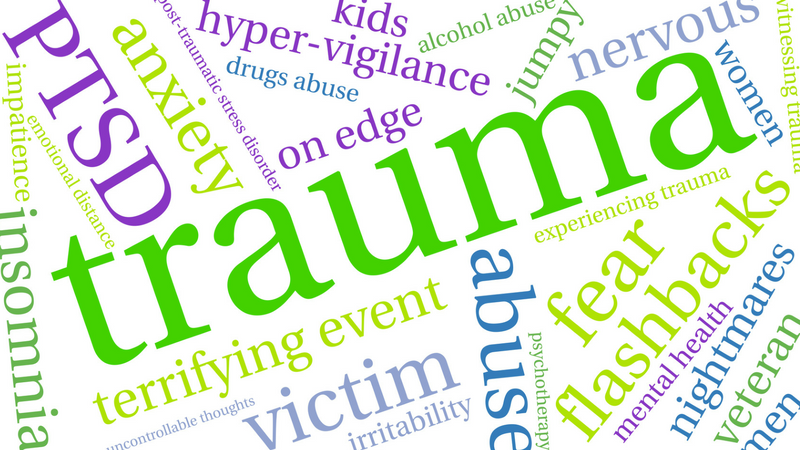
James Prescott shares his story of encountering triggers and shares what he’s learned about identifying and managing them.
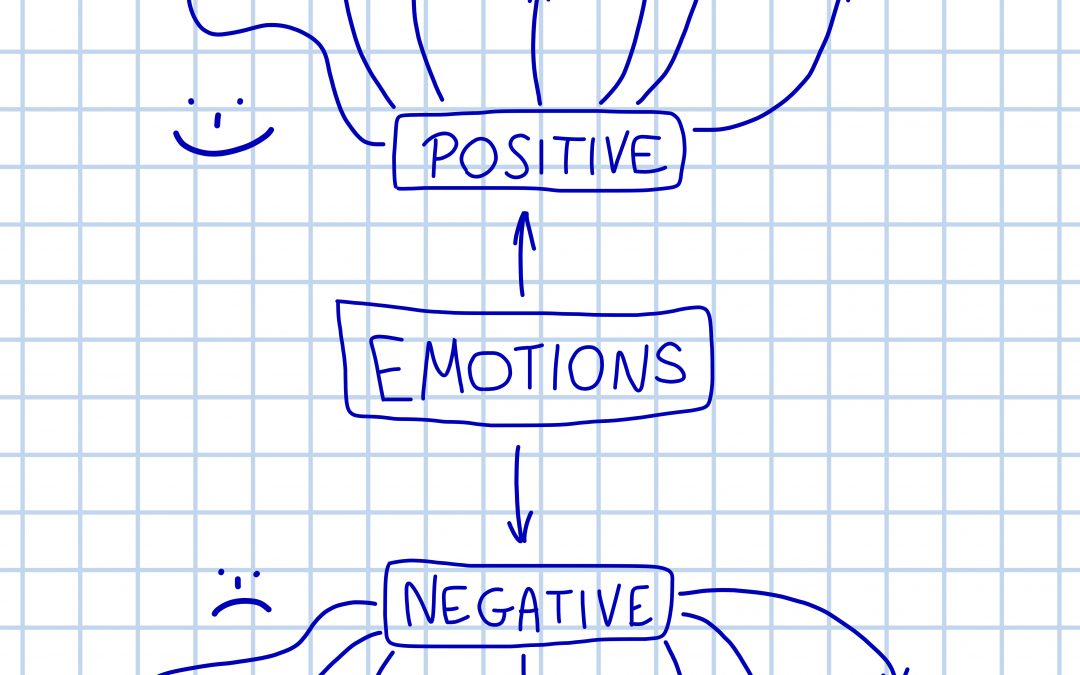
We tend to look at our emotions as “good” or “bad.” In reality, our emotions tell us important information about ourselves.

At some point, we all have to make the decision: To share or not share our diagnosis? Here’s how I approached it, and the lessons I learned are invaluable.

Figuring out how we can safely extend forgiveness and grace while maintaining boundaries can be a challenge in every relationship.
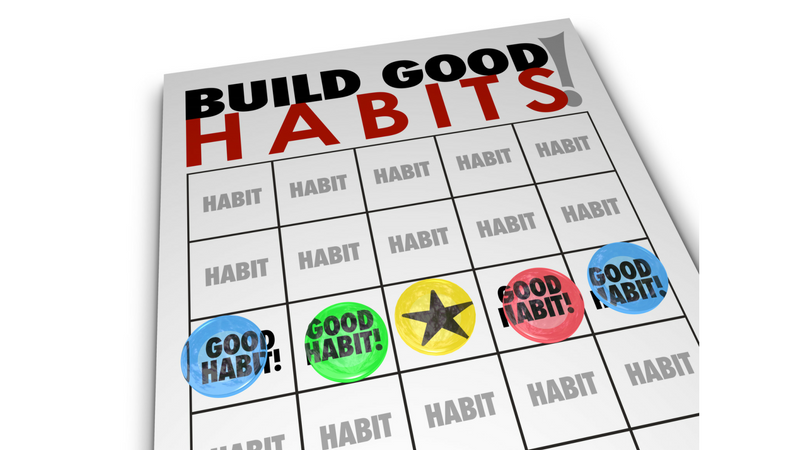
I savored my routine-free, spontaneous life, not realizing how much it was costing my mental health. Embracing routines has been my key to freedom.

With some difficult situations, our only choice is radical acceptance; we gain peace when we acknowledge we cannot change or fix a situation.

When our helpfulness crosses the line into people-pleasing, we create friction in our lives. Remembering that every “yes” is connected to a “no” can help.

One thing I’ve learned is that your baby step may be my long jump. Sometimes, even baby steps are too big. That’s why I advocate for micro-steps.
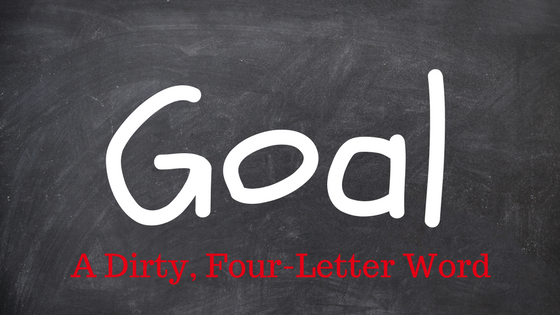
This is the time of year that every personal development writer starts using a dirty word: Goal. This year, I’m rebelling. I’m not setting any goals.

You are not your diagnosis. People living with cancer say, “I have cancer,” not “I am cancer.” Your illness is simply that: an illness. It may influence your life, and you may have to learn to manage your symptoms, but it doesn’t define you.
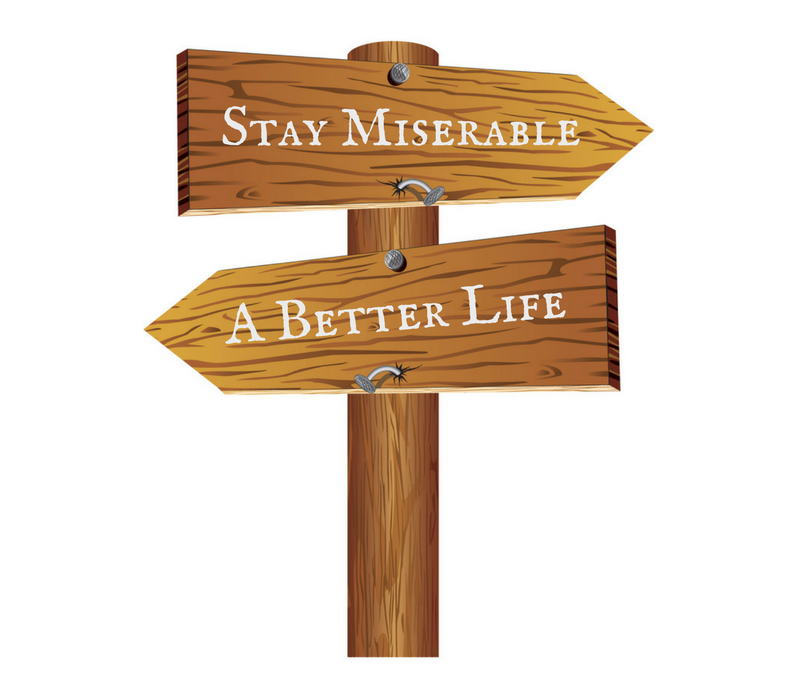
It’s exciting to witness that moment when someone realizes that their diagnosis means that a better life is possible for them.

There are several excuses we give ourselves to explain why we don’t ask for the help we need. None of them are accurate, though we believe they are.